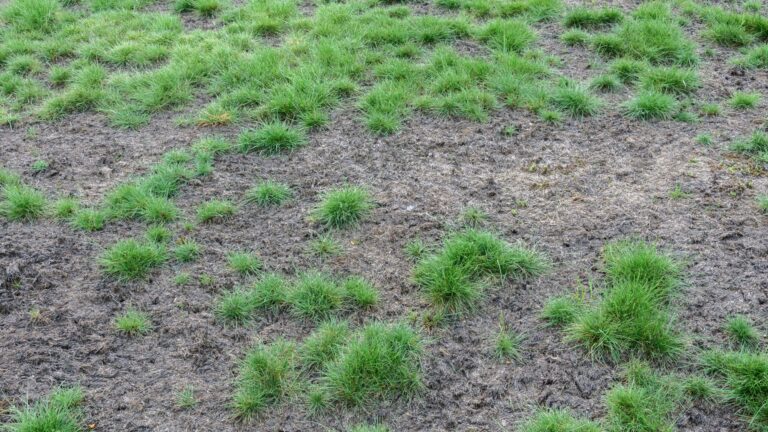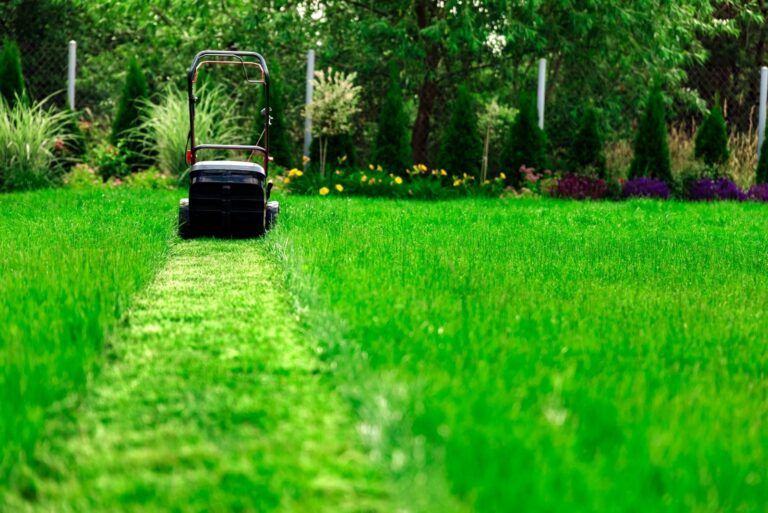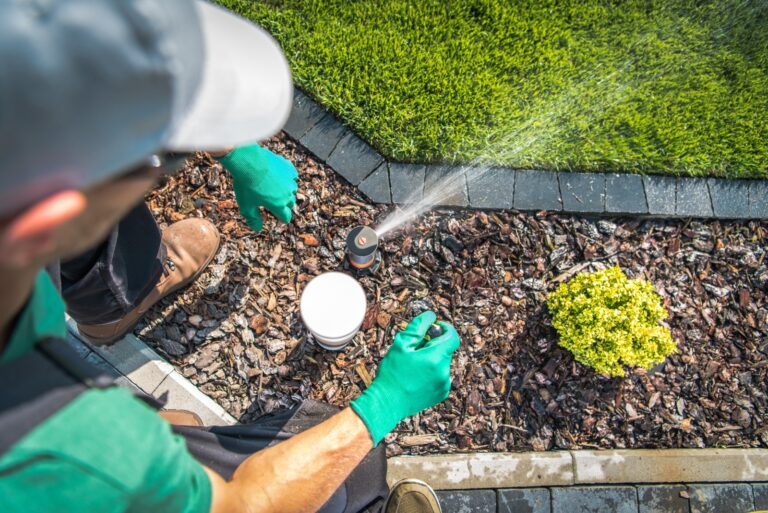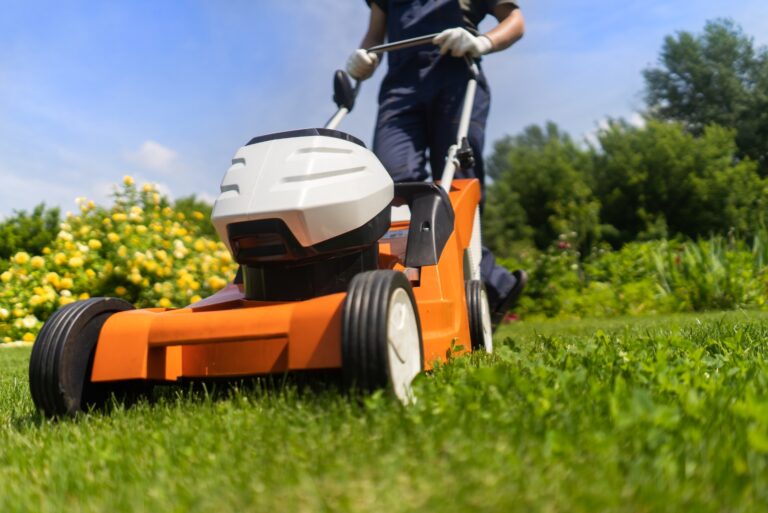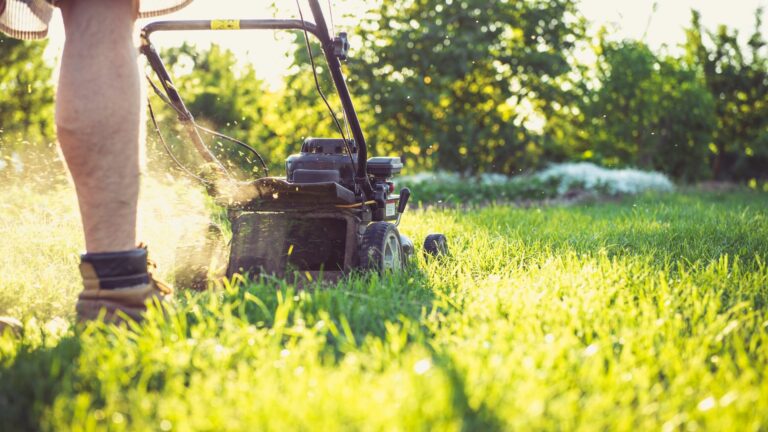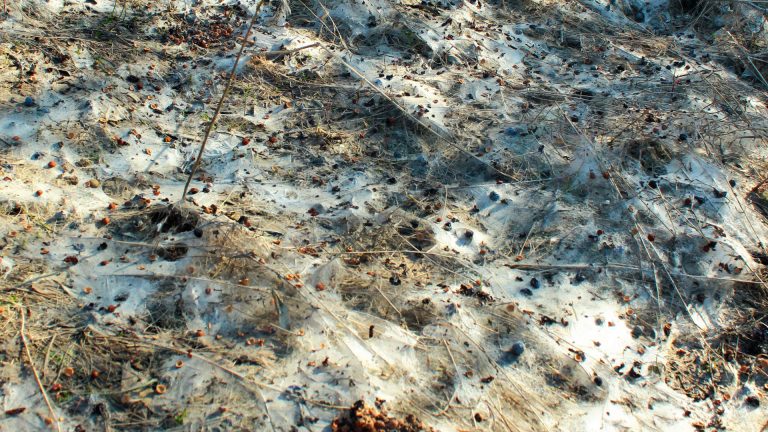8 End Of Season Yard Jobs You Do Not Want To Ignore In Michigan
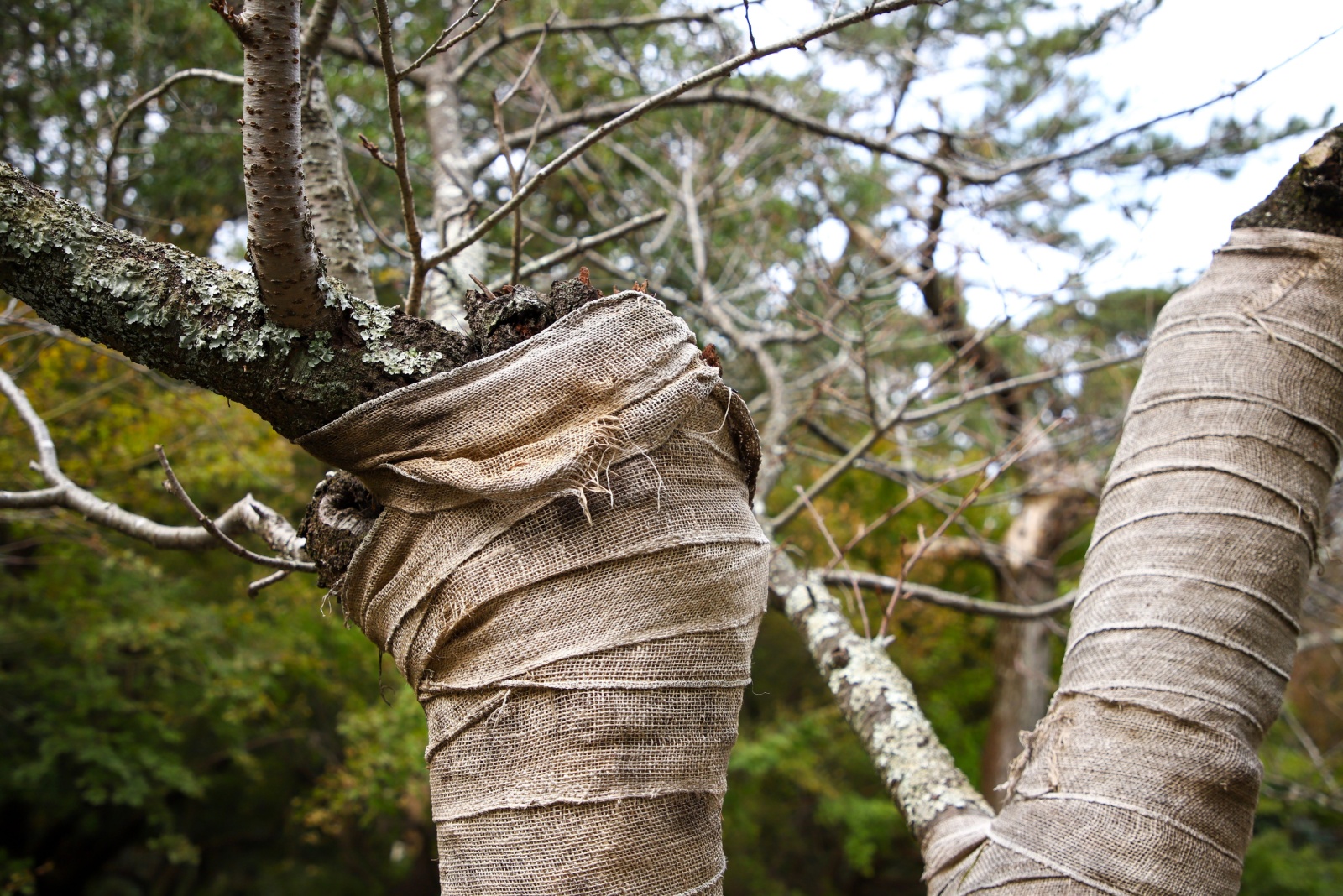
As fall winds down and winter approaches in Michigan, your yard needs some serious attention. Skipping these important tasks now could mean big problems come spring, from damaged lawns to expensive repairs.
Getting your outdoor spaces ready for the cold months ahead doesn’t have to be overwhelming if you know what to tackle first.
1. Clear Out Fallen Leaves

Piles of colorful leaves might look pretty at first, but leaving them on your grass all winter creates serious problems. Wet, matted leaves block sunlight and trap moisture, which can lead to lawn diseases and dead patches by spring.
Rake or mulch those leaves before the first snow arrives. Your grass needs to breathe during the cold months, and clearing leaves helps prevent mold, fungus, and suffocated turf that will cost you time and money to fix later.
2. Fertilize Your Lawn One Last Time
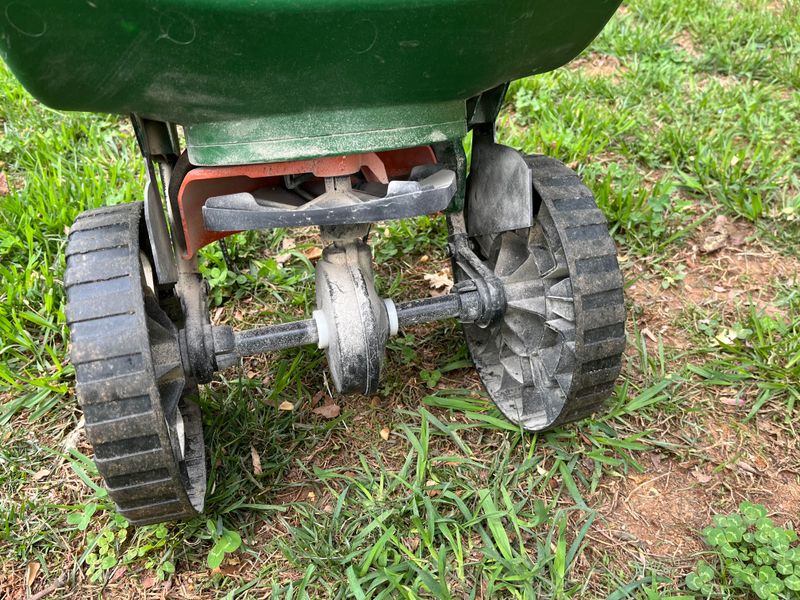
Your grass might look like it’s going dormant, but its roots are still working hard underground. Applying a late-season fertilizer gives your lawn the nutrients it needs to survive Michigan’s harsh winter and bounce back strong in spring.
Choose a fertilizer designed specifically for fall use. The right nutrients now help your grass develop deeper roots, store energy, and resist winter damage, setting you up for a lush, healthy lawn when warmer weather returns.
3. Drain And Store Garden Hoses
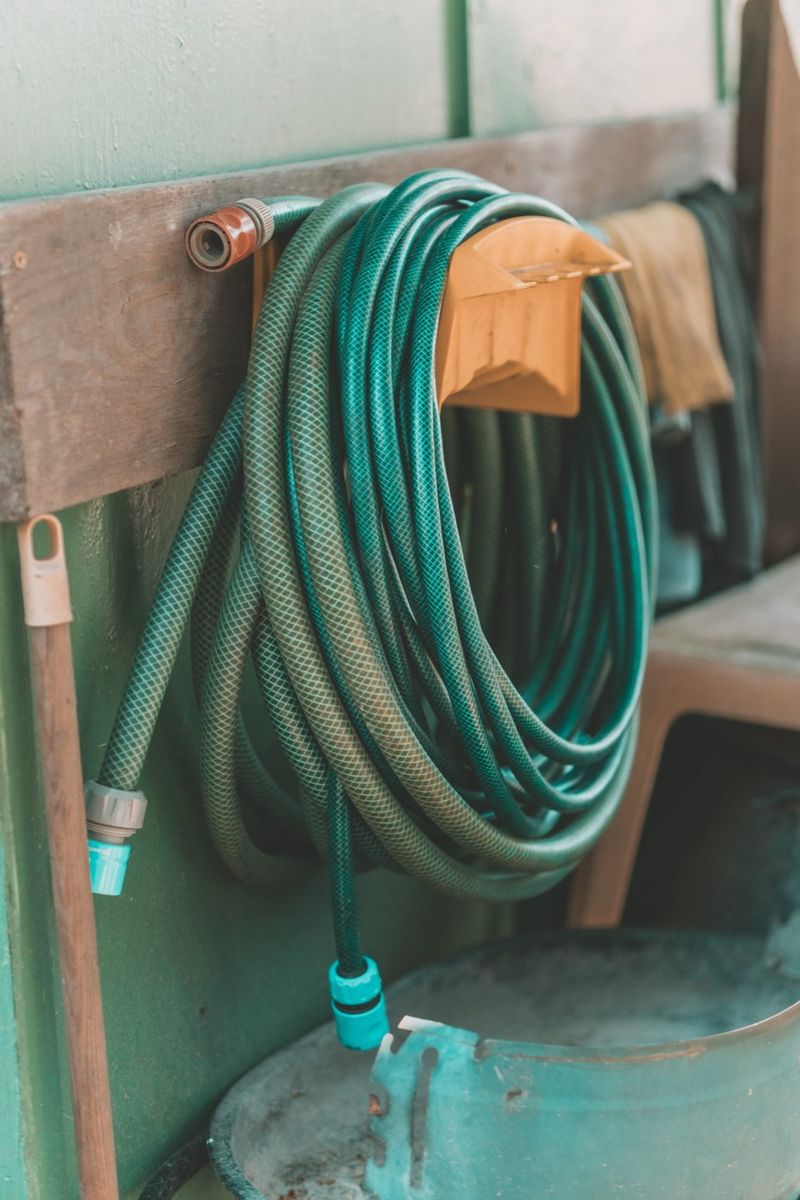
Water left inside hoses and outdoor faucets can freeze and expand, causing cracks and expensive damage. Before temperatures drop below freezing, disconnect all hoses from outdoor spigots and drain every drop of water from them completely.
Store your hoses in a garage or shed where they won’t freeze. Also, shut off indoor valves that supply outdoor faucets and drain those lines too. This simple step prevents burst pipes and costly repairs during Michigan’s coldest months.
4. Trim Back Perennials And Shrubs

Dead and overgrown plant material can harbor pests and diseases throughout winter. Cutting back perennials and trimming shrubs before the snow flies keeps your garden beds healthier and makes spring cleanup much easier.
Remove dead stems from perennials down to a few inches above ground. Prune shrubs carefully, removing damaged or diseased branches. Don’t go overboard though—some plants benefit from keeping their structure for winter protection and visual interest in your Michigan landscape.
5. Clean Out Gutters And Downspouts
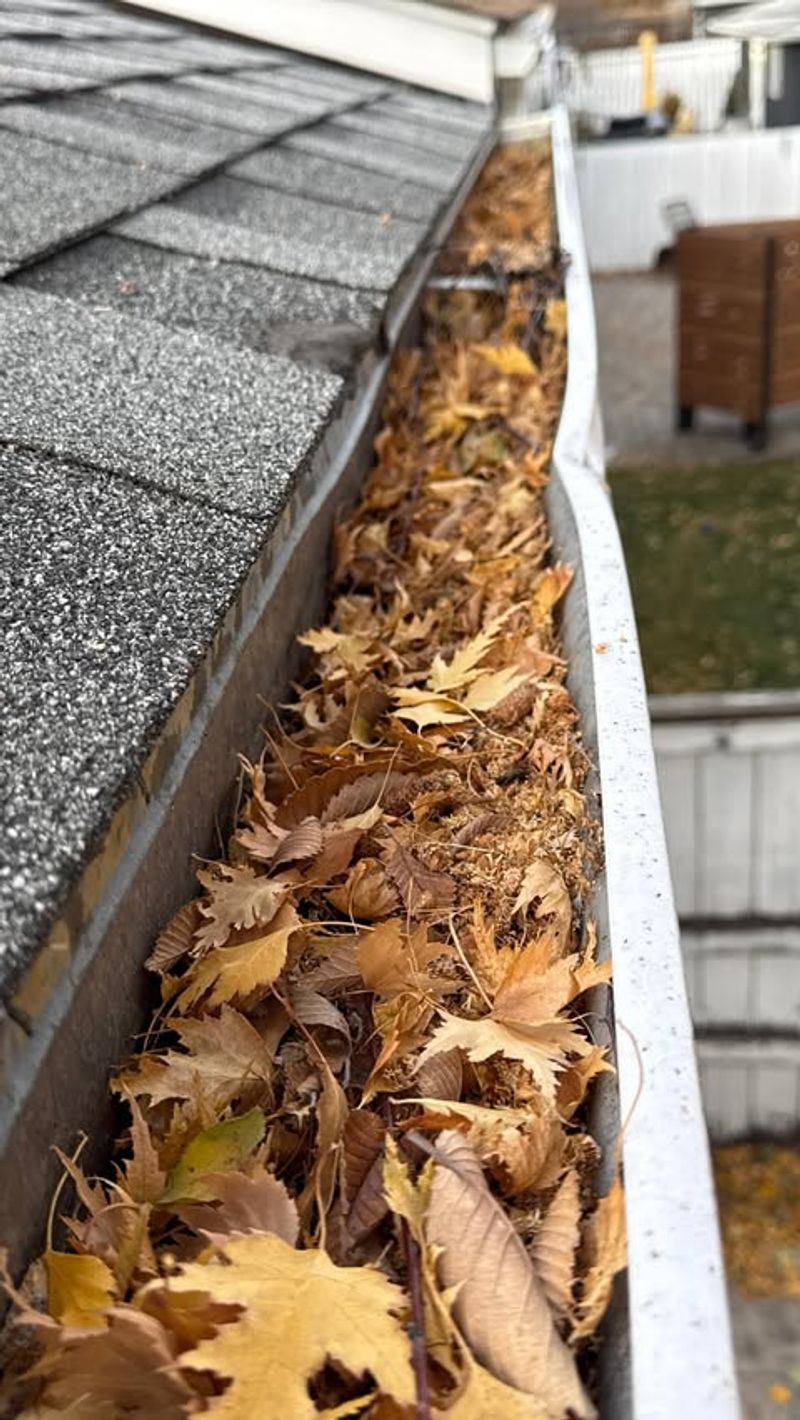
Clogged gutters cause water to overflow and freeze, creating ice dams that damage roofs, siding, and foundations. Before Michigan winter sets in, scoop out all leaves, twigs, and debris from your gutters and make sure downspouts flow freely.
Check that water drains away from your foundation properly. Ice buildup from blocked gutters can lead to thousands of dollars in damage. Spending an afternoon on this task now saves you from major headaches and repair bills when spring arrives.
6. Aerate And Overseed Bare Spots
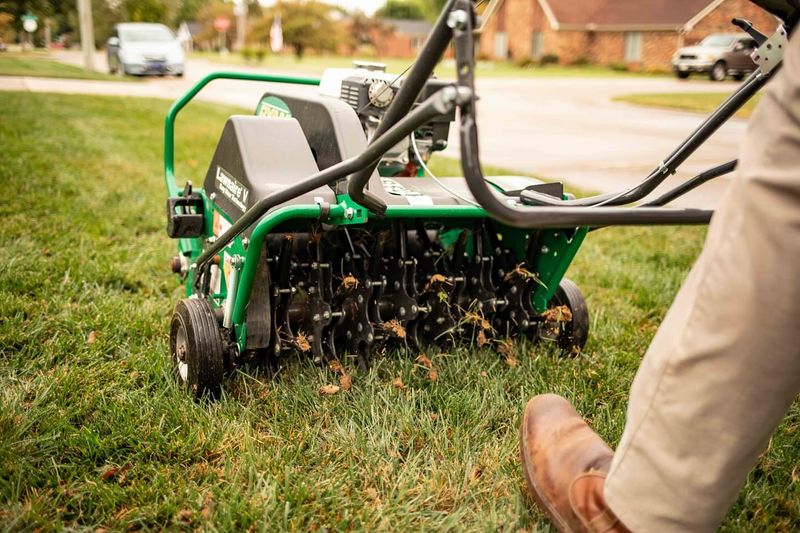
Compacted soil prevents water, air, and nutrients from reaching grass roots, leading to thin, unhealthy turf. Fall is actually the perfect time in Michigan to aerate your lawn and overseed any bare or damaged areas.
An aerator pulls small plugs from your soil, loosening it up for better root growth. Spread grass seed over thin spots right after aerating. Cooler temperatures and fall moisture give new grass the ideal conditions to establish before winter dormancy begins.
7. Protect Young Trees And Tender Plants
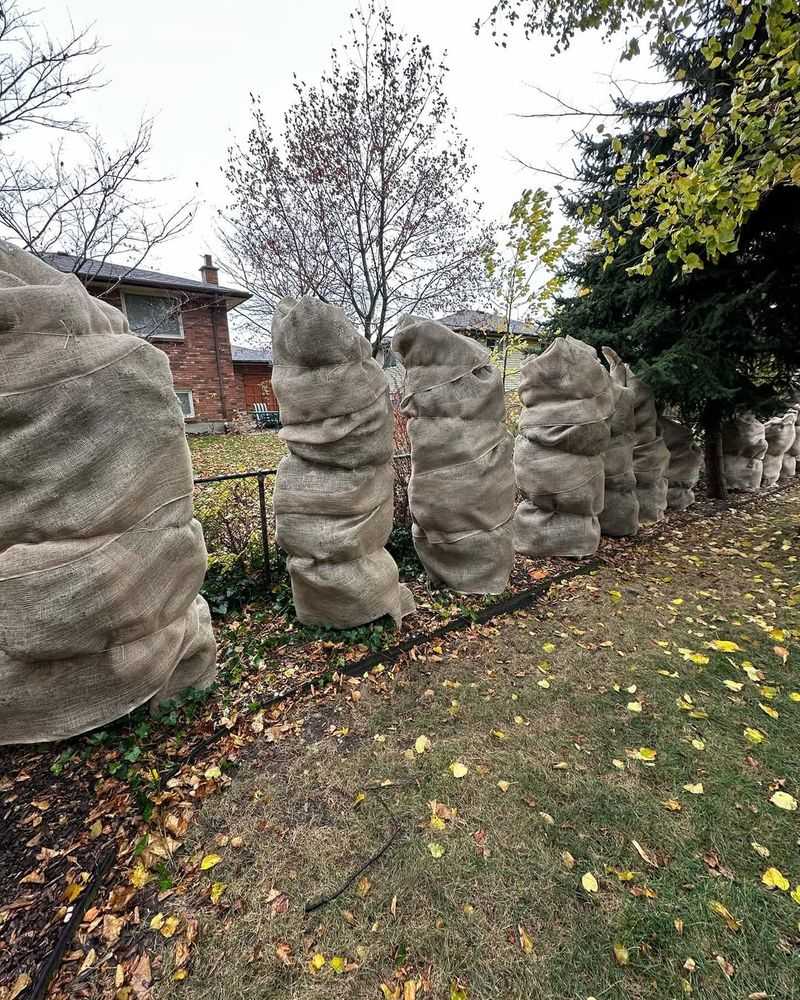
Michigan winters can be brutal on newly planted trees and delicate shrubs. Harsh winds, heavy snow, and freezing temperatures damage tender bark and branches, sometimes killing plants you’ve worked hard to establish.
Wrap young tree trunks with burlap or tree guards to prevent sunscald and animal damage. Add extra mulch around the base of tender plants for insulation. Consider building simple windbreaks for especially vulnerable specimens. These protective measures help your plants survive until spring growth begins again.
8. Winterize Your Lawn Equipment
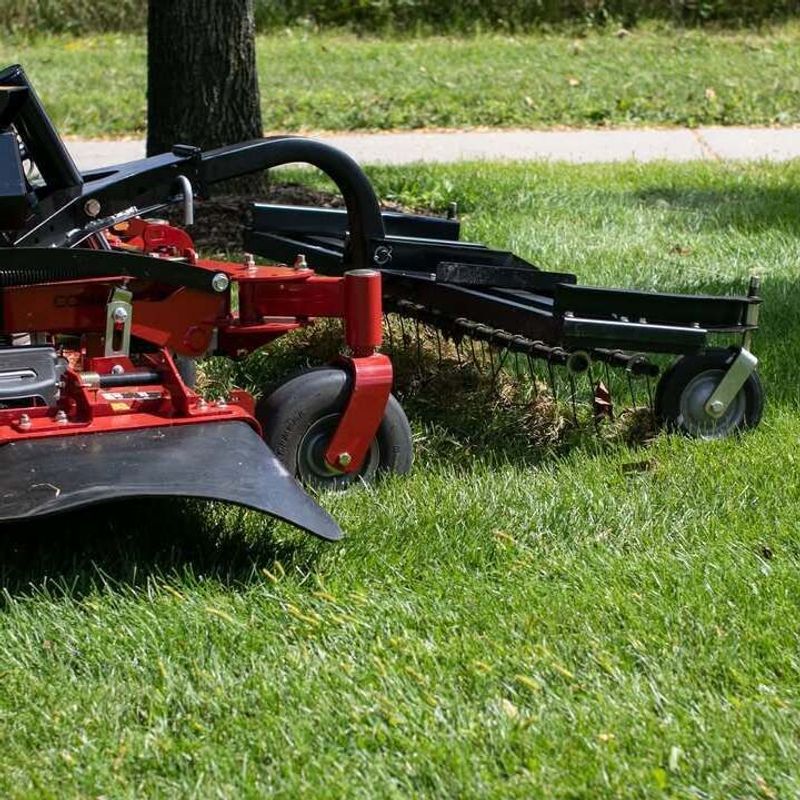
Putting away your mower and other equipment without proper preparation leads to starting problems and costly repairs next season. Old fuel breaks down over Michigan winter, gumming up engines and carburetors that will need professional cleaning.
Drain or stabilize fuel in all gas-powered equipment. Change the oil in your mower, sharpen blades, and clean everything thoroughly. Store tools in a dry place where moisture won’t cause rust. Proper winterization means your equipment starts easily when you need it again in spring.

